What kind of animals do you work with or what area?
Primates — chimpanzees, lemurs, Colobus monkeys.
How long have you been working at the zoo?
Approx. 1 ½ years
What steps did you take in order to become an animal keeper?
I volunteered at a wildlife refuge for several years, interned at the Philadelphia Zoo, conducted animal behavior research for college professors, got a duel B.S. degree in Animal Behavior and Psychology from Towson University
What is something you do everyday for the animal that would surprise us?
Positive reinforcement training! We train the chimps every day in order to give them the best care possible – including brushing their teeth! They all know their names, are trained for ultrasounds, and injections! They get rewarded with fun items like Gatorade, fruit, veggies, and even marshmallows sometimes.
What do you want the public to know about zookeeping?
It is so much more than picking up poop! We are highly trained in animal behavior, biology, anatomy, and physiology in order to provide the highest quality of care that we can. We are also trained in psychology and operant conditioning training practices to train animals to participate in their own medical care. Zookeepers also treat their animals like family. We spend weekends here, Thanksgiving, Christmas, etc. and many of us live in a different state than our families. As a zookeeper you have to willing to move wherever the jobs are which means the animals and your coworkers become your surrogate family.
Why did you want to become a keeper?
To better the lives of captive animals and always wanted to work with animals in some fashion.
What hobbies/interests do you have outside of your zoo life?
Going hiking and observing wildlife! I love searching for wild snakes and watching birds. I also love going to the beach and playing sports!
What is your favorite part of a typical day at the zoo?
Our A.M. chimp training session. They are so incredibly intelligent and never cease to amaze me. It is the time of day when we get to spend the most time one on one with our animals and progress with training goals. I also love keeper chats because I enjoy getting guests as excited about primates as I am. It is a great way to show guests some of our training and for them to make a deeper connection with our animals. As a keeper, we want to showcase how incredible and intelligent our animals are to give guests a better appreciation for them and to inspire guests to participate in conservation efforts. We want to show that our animals are worth saving and what they can do to help their wild counterparts.
What is the most challenging part of your job?
Trying to communicate with animals that don’t speak our language and trying to teach them many different behaviors. I myself hate needles, so imagine trying to teach a chimpanzee or lemur to willingly take an injection. Building up trust with an animal can be very challenging.
Where would you travel to see animals, or what places have you traveled to?
I would love to travel to Africa and Madagascar to see the wild counterparts of the animals I care for.
What do you think is the most important reason to support the zoo?
Our conservation efforts. We partner with so many wonderful conservation programs that need support and awareness. The animals at our zoo receive wonderful care and treatment while their wild counterparts are being illegally hunted and having their habitats destroyed.

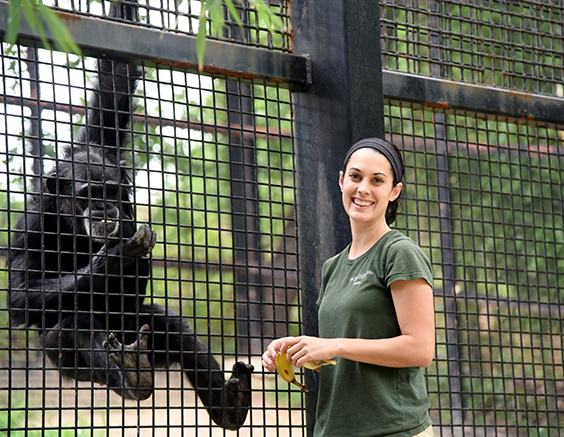
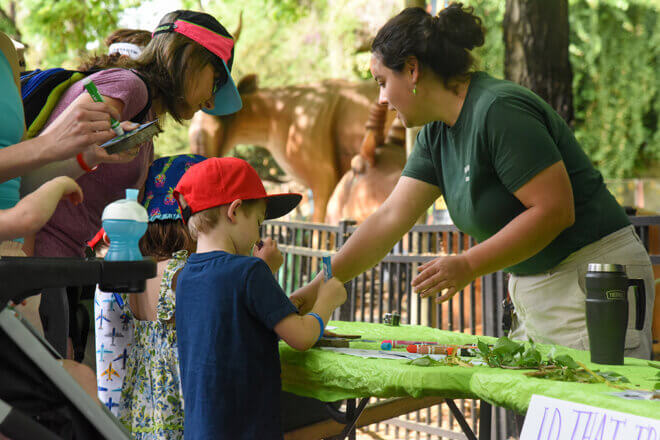
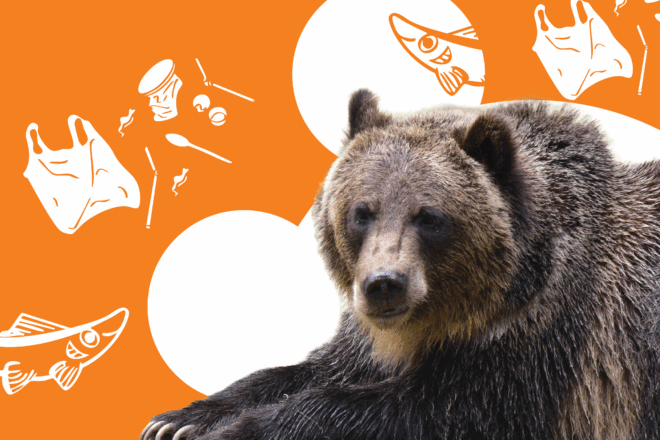
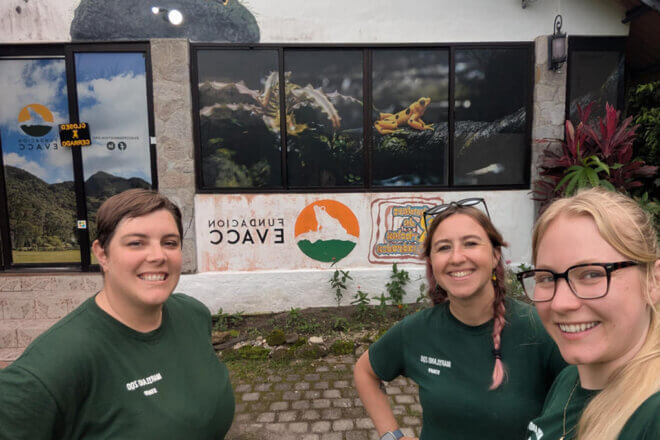
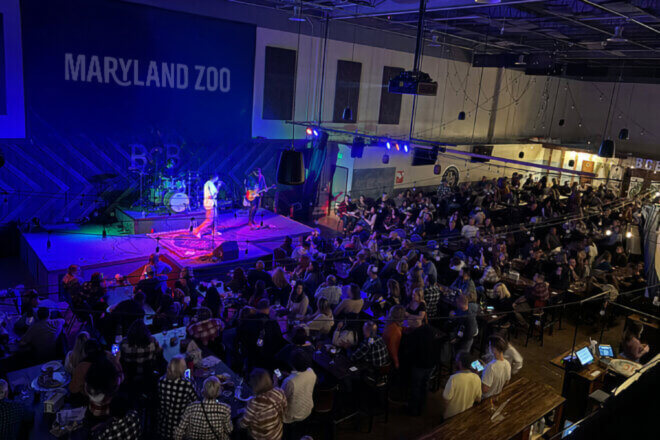
Share this article